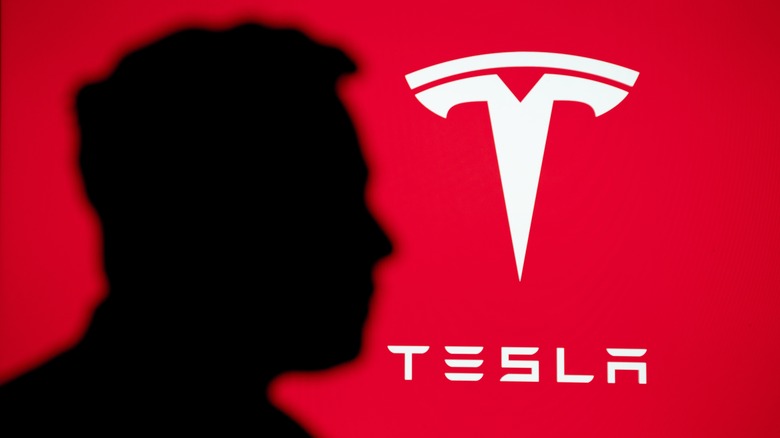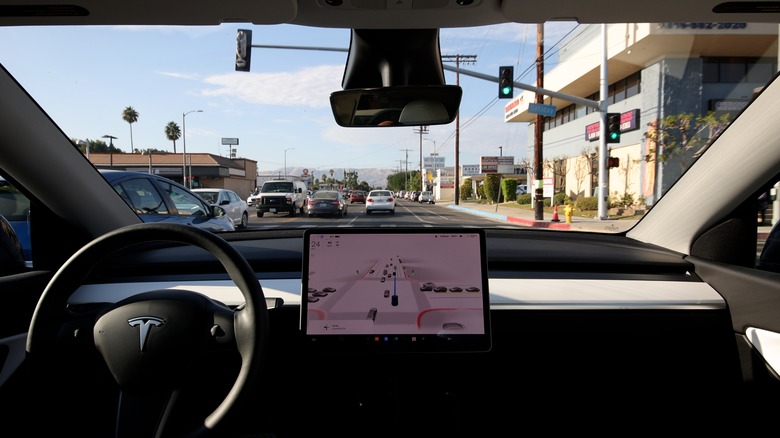Bombshell Leak Accuses Tesla Employees Of Sharing Videos Captured By Customer EVs
Tesla is embroiled in a new controversy after many employees have been accused of sharing sensitive images and data recorded by customer vehicles. The images, captured by the electric vehicle (EV) maker's cameras and sensors, were reportedly used for entertainment by the employees, sparking concerns over customer privacy and potential misuse of the collected data.
Reuters reports that it reached out to 300 employees to investigate the matter, and about a dozen of those agreed to share their experiences on condition of anonymity. The whistleblowers noted that some of the imagery shared were explicit or embarrassing, including one video of a supposed naked man approaching his vehicle.
"I'm bothered by it because the people who buy the car, I don't think they know that their privacy is, like, not respected [...] We could see them doing laundry and really intimate things. We could see their kids," one employee reportedly shared. Some of the activity was less invasive, such as how workers would alter some images of street signs and other random environmental objects with captions or as memes to be shared in private employee chats.
Even Elon Musk is said to have been a victim of the antics. Employees reportedly caught sight of the inside of someone's garage, which stored a submarine once used in the 1977 James Bond film "The Spy Who Loved Me." The sub was a reimagined Lotus Esprit S1 nicknamed "Wet Nellie." That garage belonged to Musk, who bought the submarine in 2013.
Is data privacy a myth?
The incident refreshes previous data privacy questions surrounding the copious camera counts on Tesla's vehicles. While legitimately necessary for features like Auto Pilot (a self-driving mechanism) and ongoing development and improvement of the Tesla ecosystem, fears of surveillance and security risks are wholly valid.
Tesla's website offers a detailed breakdown of the data it collects and how it uses it throughout each step of your purchase journey, from pre-sale to full ownership. It says it only collects visual data from Tesla vehicles with the express consent of the vehicle owners. But that stipulation came with reasonable expectations that the data would only be used to help improve Tesla systems. It's hard to imagine anyone willingly agreeing to share the data if they knew it'd be used for internal amusement.
And though Tesla says none of the visual data it collects can be associated with specific customers, its labeling systems — which workers use to help machine learning algorithms identify specific objects and places — reportedly include the ability to view the location of recordings. Bad faith actors could potentially use that information to track down an individual.
Where do we go from here? That's tough to say. As of writing, neither Tesla nor its majority owner Elon Musk responded to requests for comments, and the FTC says it doesn't comment on the conduct of individual companies. Without tangible evidence or independent corroboration of Reuters' report, it's possible Tesla could quietly sweep this story beneath a rug.

